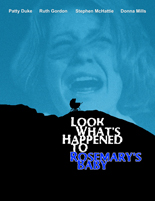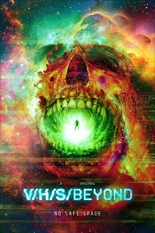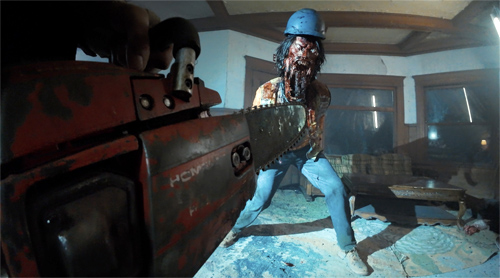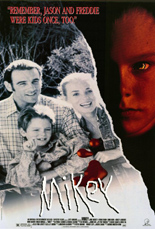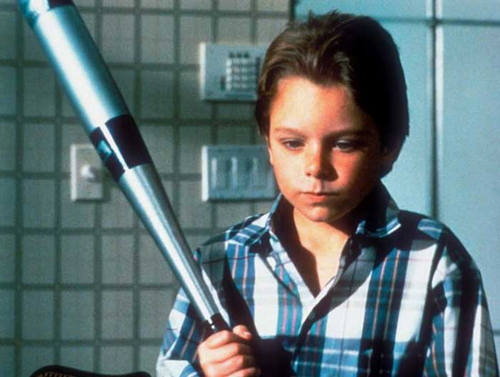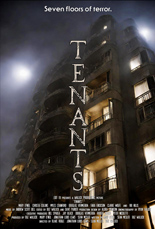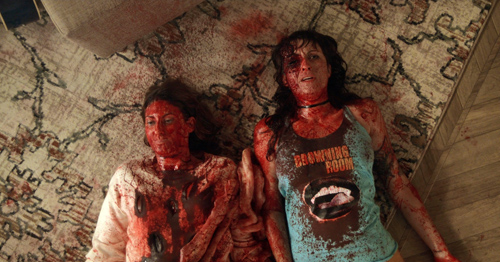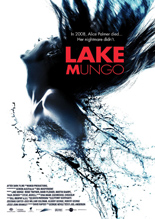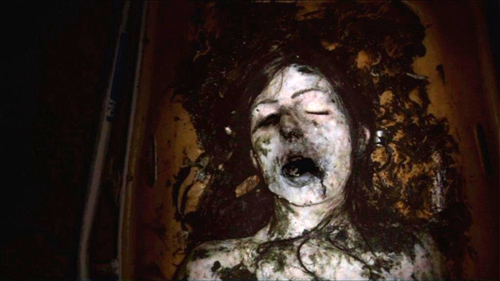
Any hatred toward the Rosemary’s Baby prequel Apartment 7A seems misplaced to me. After all, look what happened to Look What’s Happened to Rosemary’s Baby. I mean, director Sam O’Steen obviously is no Roman Polanski, but did anyone involved with this sequel see the original? (You, too, Ruth Gordon.)
The made-for-TV abortion picks up a handful of years after the 1968 classic film. Mia Farrow demonstrates good instincts for once by not returning as Rosemary, so Patty Duke fills the role with her Valley of the Dolls histrionics. Irked that her son’s bedroom is decorated with items from Hobby Lobby’s Goebbels/LaVey collab, Rosemary flees the home of those satanic Castavets with the tot, Andrew. Mother and child go on the run.
But because Minnie Castavet (Gordon) has somehow acquired GPS-enabled ESP, she’s able not only to pinpoint their location, but tell if a “colored fella” is present, too. Soon, a woman named Marjean (Tina Louise, SST: Death Flight) kidnaps Andrew by tricking Rosemary to get stuck on a bus driven by … no one! No one at all! AAAIIIEEEEE!
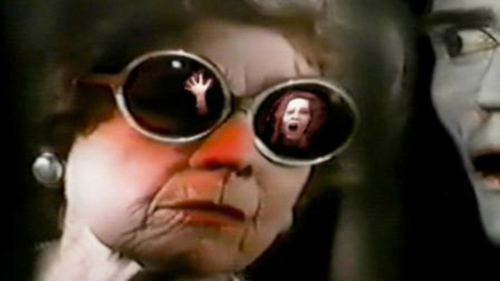
Prologue over, we meet adult Andrew (future Pontypool DJ Stephen McHattie, actually decent), having been raised in a “castle casino” by the ginger Marjean and her unflattering hairdo. There’s a devilish battle brewing for his bod to bring about a new dawn, but Andrew has not yet demonstrated his worthiness to obtain all of Papa Satan’s powers — not with those tiny, red laser-pointer eyes of his. The satanists’ bizarre ritual involves painting his face like a mime and dancing to fuzzed-out music.
Then a freak storm sends Andrew to a clinic where Donna Mills (Nope) works and pronounces “comatose” as “comma-toes” before mounting him to extract his demon seed and get it all up in there.
Although I never expected greatness, much less goodness, from this ABC Friday Night Movie, I don’t think it’s unfair to expect something resembling an effort. Not only is it tonally distant from its Academy Award-winning predecessor, it’s also dreadfully bad. Since Gordon was nearing 80, it’s possible she did not give a fuck and just wanted to work to stave death. Plus, it wasn’t like her Oscar would be rescinded — a knowledge nugget her onscreen spouse, the equally minted Ray Milland (taking over for the deceased Sidney Blackmer), also may have kept in mind.
Meager even by television’s lowered standards, the primetime-friendly horror elements feel disconnected from what Baby established; in fact, they have more in common with what was just around the bend: namely, Exorcist II: The Heretic and Dance Fever (you can choose which episode). Even worse, they make no sense.
This coven needed another bake in the oven. —Rod Lott

